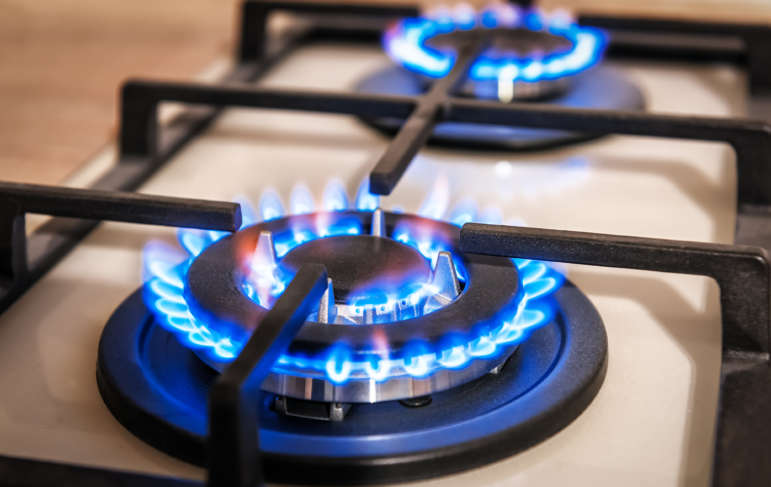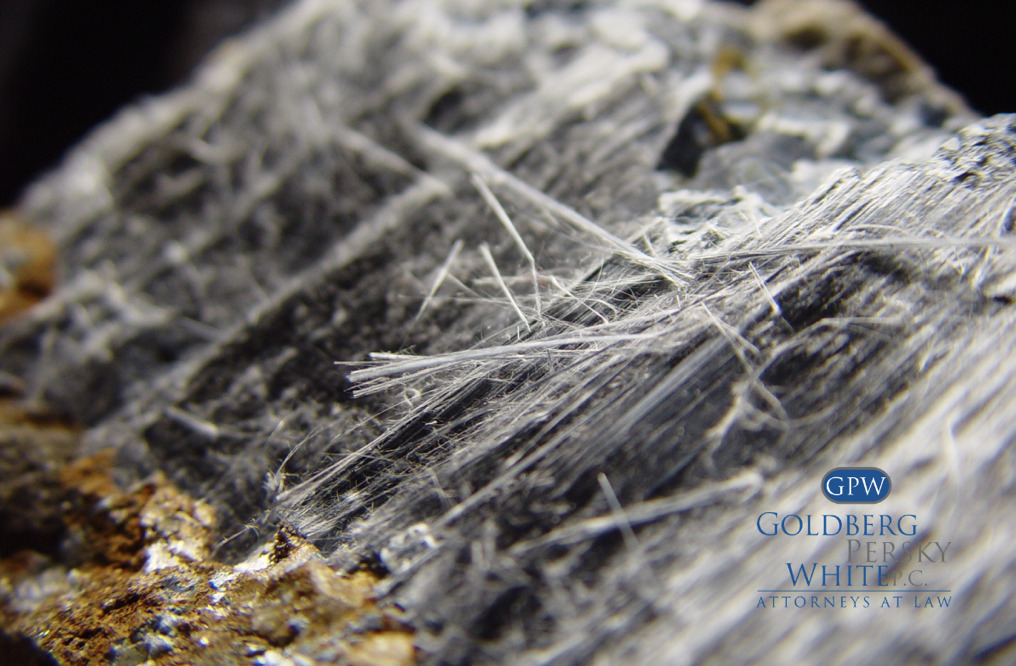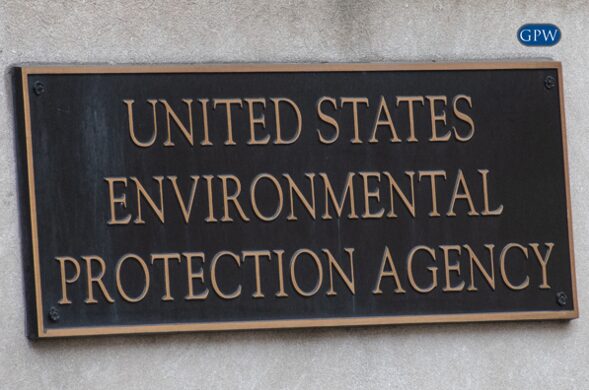Do We Need to Worry About Gas Stove Pollution in our Homes?
People are starting to worry about gas stovetops making them sick. Questions about stovetop safety started to come up again because federal officials cleared up a misunderstanding by claiming they are not going to ban natural-gas stoves. Studies show that gas stoves emit large amounts of nitrogen oxides and other harmful pollutants into surrounding areas, but we still don’t know the relationship between the pollutants and human health. People need to use a lot of ventilation by either using the range hood that pumps air outside, or if that cannot be done, using a HEPA air filter. Many people who have access to exhaust hoods don’t use them, which defeats the purpose of having them in the first place.
Researchers believe that gas stove tops are not an immediate threat unless someone has a respiratory problem. They say that if you are going to buy a new stove, buying an induction stove will prevent any need for worrying in the future. Natural gas is made up of methane, a fossil fuel that is also a greenhouse gas, which is emitted as a stovetop burns. People who like natural gas say carbon emissions are reduced, but they don’t consider health risks when claiming this.
When people cook with natural gas, they release toxic chemicals including nitrogen oxides, carbon monoxide, and formaldehyde that exceeds EPA and California air standards. Natural gas leaks can also occur, leading to pollution in and outside the home. Some studies show an association between gas stoves and asthma, but the data is inconclusive, and a direct causal relationship has not been found.
There are many different variables that skew the results of studies. Cooking area size, ventilation, frequency of use, amount of people in the area, heavy traffic nearby, heavy trucks emitting near the house or apartment, and mold in walls can all change how results are measured. A 2020 report from UCLA and the Sierra Club came to a similar conclusion that gas appliance use and health have mixed results because of study design limits as well as there being limited data on quantified exposures. A professor at UCLA Fielding School of Public Health believes there are health concerns that need to be studied further, but the evidence is not as conclusive as the evidence we have on outdoor air. The professor also believes in good ventilation when using stoves. He believes subsidies for range hoods could be the best short-term solution instead of a gas stove ban. Most gas-appliance pollution is water heaters and furnaces, so gas stoves are not an immediate threat. California has banned new gas water heaters and furnaces starting in 2030.
If you were exposed to a toxic chemical like benzene and now have cancer, contact us today to see if you could be entitled to compensation. Call 412-471-3980 or fill out our contact form and a member of our team will get back to you as soon as possible to review your case.
Source:
Russ Mitchell, “Will your gas range make you sick? Here’s what the science says” Pittsburgh Post-Gazette (January 16, 2023). [Link]




